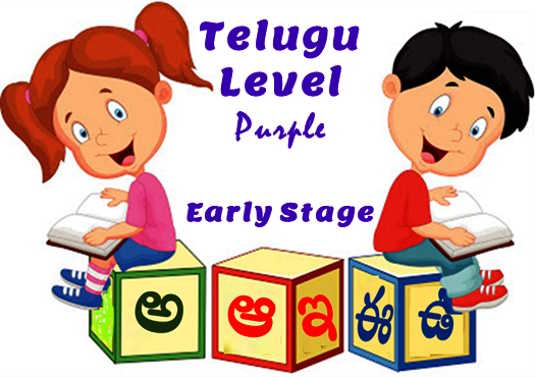Telugu Early Stage

About Course
జంకు పోయి పిల్లలు తెలుగు పదాలు పలకడం, గుర్తించడం, అర్థం చేసుకోడం అలవడాలి.
Start Early: Little ones learn best when they hear words often. Say words in Telugu while pointing to things, like “apple” or “ball.”
Make It Fun: Play games with words! Use colourful books, songs, and apps with Telugu words to keep them excited.
Listen & Speak: Sing Telugu songs and tell simple stories. Try saying everyday words in Telugu during playtime.
Use Pictures & Objects: Show them pictures or toys from Telugu culture so they connect words to real things.
Keep It Going: Make it a part of daily life! Use Telugu words for food, toys, or animals every day.
Talk with Others: If you know Telugu speakers, let your toddler hear and talk with them—it helps learning.
Practice Together: Use flashcards, books, and fun videos to remind them of words they’ve learned.
Stay Positive: Learning takes time! Clap and cheer when they say new words to keep them happy and encouraged.
This way, children will enjoy learning and grow up loving the language.
Course Content
Interactive Touch and Learn Charts
-
Interactive Charts – Vocabulary
00:00 -
Interactive Charts – Action Words
00:00 -
Interactive Chart – My Family Members
00:00
My first Telugu words (Video)
Stories in Telugu (Video)
My Telugu Alphabet (Video)
My Telugu Sentences
Student Ratings & Reviews


